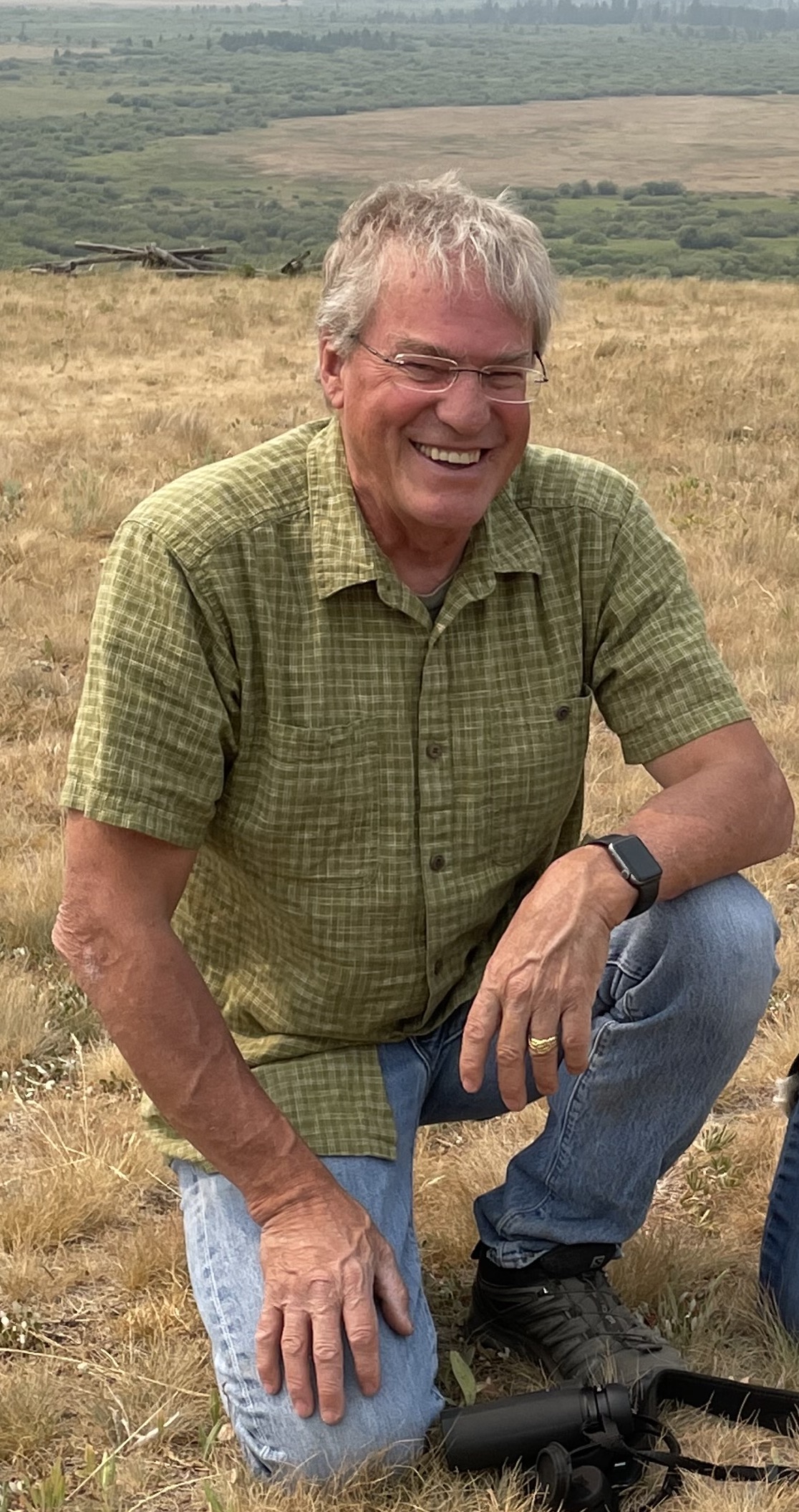10/10/2025
12:00 - 12:30
Human-Centred Conservation Pavilion
, Onsite
Why attend
Discover what disease-detecting dogs in the US have in common with motorcycle-based Rapid Response Units in Mozambique. Both use innovative, practical approaches to reduce human-wildlife conflict, safeguard livestock and wildlife health, and promote coexistence in shared landscapes, demonstrating how science, technology, and community engagement can work together.
Session Description
Human-wildlife coexistence requires both innovation and community engagement. This session features two creative approaches that demonstrate how science, technology, and local knowledge can combine to protect people and wildlife. “Sniffing Out Solutions: Canines for Wildlife and Livestock Health” introduces the use of conservation detection dogs to monitor respiratory diseases in wild and domestic sheep — a non-invasive, cost-effective tool that improves herd health and reduces conflict. “Seconds to Save Coexistence: Mozambique’s Elephant Shepherds” showcases community-based Rapid Response Units that use non-lethal deterrents to prevent crop loss, reduce injuries, and strengthen trust between communities and conservation authorities. Together, these case studies highlight proactive, scalable strategies that can be adapted to diverse landscapes, offering participants practical insights into living more harmoniously with wildlife.Organised by
Jamma International ( United Kingdom of Great Britain and Northern Ireland )
Partners
Wild Sheep Foundation ( United States of America )
Mozambique Wildlife Alliance

